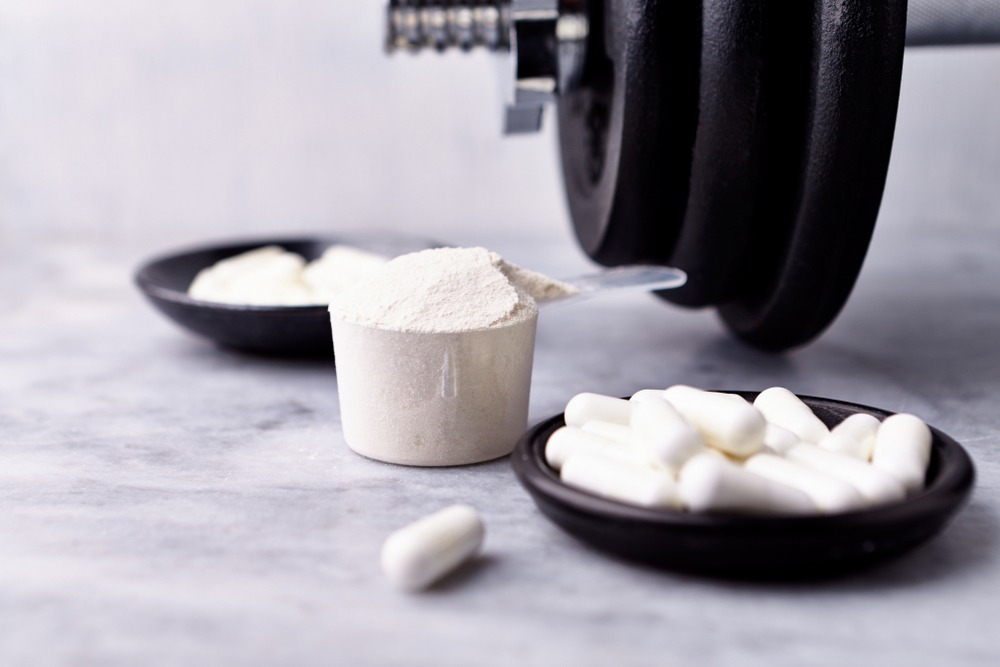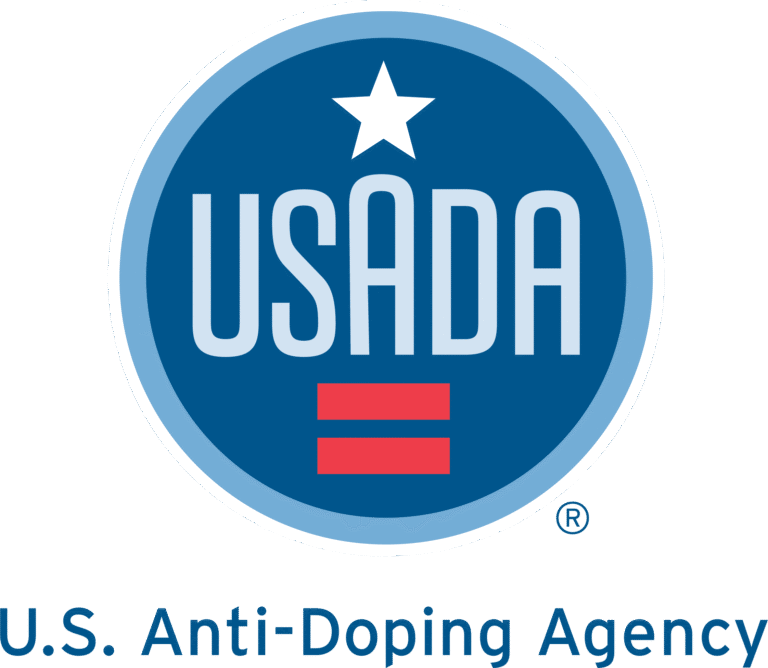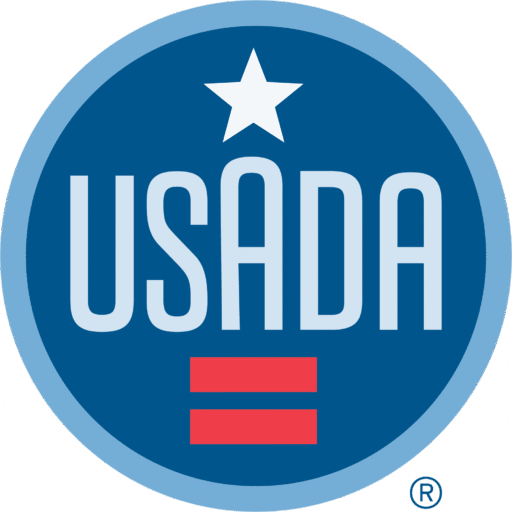 You may have heard that taking a creatine supplement will help you increase your power and performance in sport, especially when training at high intensities. But creatine supplements are rarely essential for athletes since your body actually produces creatine on its own and it can also easily be obtained through a diet of whole foods.
You may have heard that taking a creatine supplement will help you increase your power and performance in sport, especially when training at high intensities. But creatine supplements are rarely essential for athletes since your body actually produces creatine on its own and it can also easily be obtained through a diet of whole foods.
More specifically, creatine is produced in your liver, kidneys, and pancreas, then stored as phosphocreatine in your muscles. Phosphocreatine is what our bodies use to ‘jumpstart’ during exercise, and it supports explosive/sprint movements: the more you have stored, the more power you may be able to produce. And while some supplements might be recommended by a doctor or dietitian due to a diagnosed deficiency, creatine is typically not one of them since eating certain foods—like milk, eggs, fish and mollusks, and red and white meat—provides plenty of creatine.
Here’s more on what athletes need to know about creatine supplements.
How much creatine do athletes need to stay healthy?
There is no recommended intake for creatine from the Food and Drug administration because it can be produced by the body. But eating adequate amounts of protein is critical to creatine production and research suggests that 10 to 30 percent of your total caloric intake should come from protein sources. This will help ensure that your body can produce enough creatine while providing other vital nutritional benefits.
Can athletes usually get enough creatine through food alone?
Yes, most athletes can get enough creatine from food alone. Your body makes creatine from three key amino acids: glycine, arginine, and methionine. And while red meat and salmon are great sources for amino acids and creatine, vegetarian-friendly eggs provide a massive amount of these amino acids as well.
According to the USDA, eating two eggs (roughly 100 grams) nets nearly 11 grams of protein, 422 mg of glycine, 691 mg of arginine, and 486 mg of methionine in addition to other essential amino acids. And eggs contain plenty of vitamins and minerals, including selenium, vitamin B12, vitamin D, and vitamin B2.
Is it better to get creatine from a supplement?
Most sports dietitians recommend a food-first approach to nutrition, and for most athletes, it’s possible to consume enough protein through food sources. While creatine supplements may seem like an easy fix to meet your protein needs, there is always some amount of risk associated with using supplements because they are regulated post-market, meaning that no regulator evaluates the contents of supplements before they are sold. As such, products contaminated with potentially harmful and/or prohibited ingredients often reach consumers and it’s impossible to tell from the supplement facts label if a product is safe to use.
If athletes choose to use supplements despite the risks, USADA has always recommended that athletes use only dietary supplements that have been certified by a third-party program that tests for substances prohibited in sport.
Why are supplements risky in general?
Unlike pharmaceuticals, the Food and Drug Administration (FDA) does not analyze the safety, efficacy, or label accuracy of supplements before they are sold to consumers. Manufacturers may misidentify prohibited substances on labels, or they may omit prohibited substances from labels altogether. And in some cases, dietary supplements with illegal or dangerous ingredients have remained on shelves for years despite FDA warnings and recall efforts. In 2021, Canadian company Genex Nutraceuticals recalled one of the brand’s creatine batches for containing dangerous levels of vitamin D, which wasn’t even listed on the label!
More questions?
For questions about specific products, substances, and methods, contact USADA’s Drug Reference Line at drugreference@USADA.org or call (719) 785-2000, option 2.







